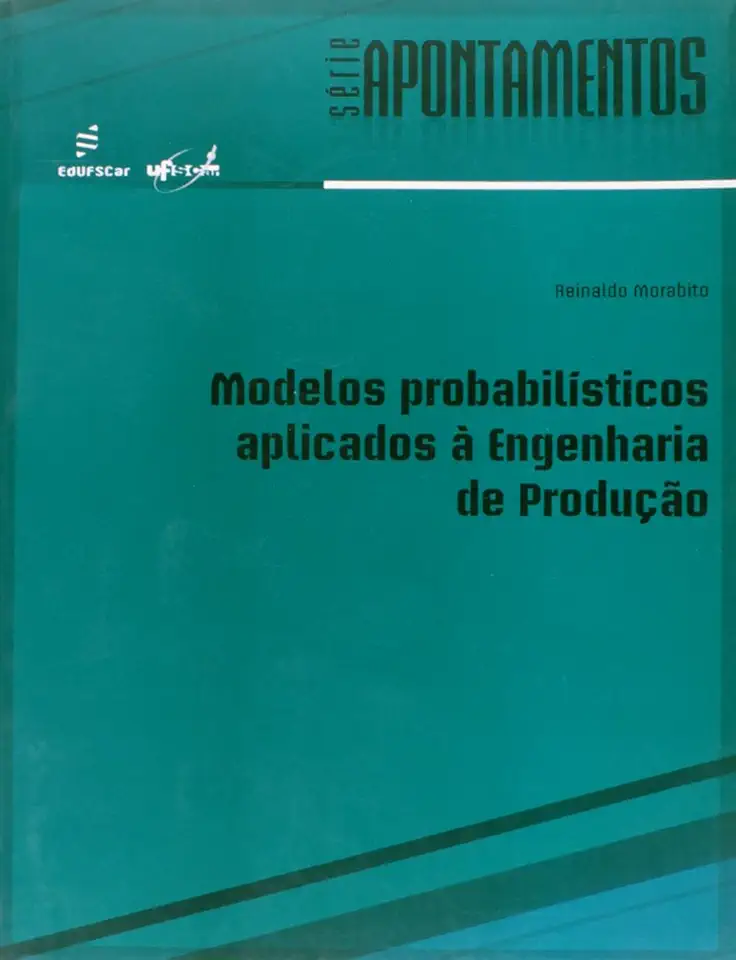
Probabilistic Models Applied to Production Engineering - Reinaldo Morabito
Probabilistic Models Applied to Production Engineering: A Comprehensive Guide for Optimizing Manufacturing Processes
Introduction
In today's competitive manufacturing landscape, companies are constantly seeking ways to improve efficiency, reduce costs, and enhance product quality. Probabilistic models offer a powerful toolset for achieving these objectives by enabling engineers to make informed decisions based on statistical analysis and data-driven insights.
Key Features
- Comprehensive Coverage: This book provides a comprehensive overview of probabilistic models and their applications in production engineering, covering a wide range of topics such as:
- Probability distributions
- Statistical inference
- Regression analysis
- Time series analysis
- Simulation
- Optimization
- Real-World Examples: The book is enriched with numerous real-world examples and case studies, illustrating how probabilistic models have been successfully applied in various manufacturing industries. These examples demonstrate the practical value of these models and help readers understand how they can be leveraged to solve real-world problems.
- Step-by-Step Explanations: The book adopts a step-by-step approach, guiding readers through the process of applying probabilistic models to production engineering problems. Each chapter includes detailed explanations, worked examples, and exercises to reinforce understanding.
- Software Integration: The book provides guidance on how to use popular software packages such as R and Python for implementing probabilistic models. This enables readers to easily apply the concepts and techniques discussed in the book to their own projects.
Benefits of Using Probabilistic Models in Production Engineering
Probabilistic models offer a number of benefits for production engineers, including:
- Improved Decision-Making: By providing a quantitative framework for analyzing data and making predictions, probabilistic models enable engineers to make more informed decisions about production processes.
- Reduced Costs: By identifying inefficiencies and optimizing processes, probabilistic models can help companies reduce costs and improve profitability.
- Enhanced Product Quality: By identifying and mitigating potential sources of defects, probabilistic models can help companies improve product quality and reduce the risk of recalls.
- Increased Productivity: By optimizing production schedules and resource allocation, probabilistic models can help companies increase productivity and meet customer demand more effectively.
Conclusion
Probabilistic Models Applied to Production Engineering is an essential resource for engineers, researchers, and practitioners in the manufacturing industry. This comprehensive guide provides a solid foundation in probabilistic modeling and its applications, empowering readers to optimize production processes, reduce costs, and enhance product quality. With its real-world examples, step-by-step explanations, and software integration guidance, this book is a must-have for anyone looking to leverage the power of probabilistic models in production engineering.